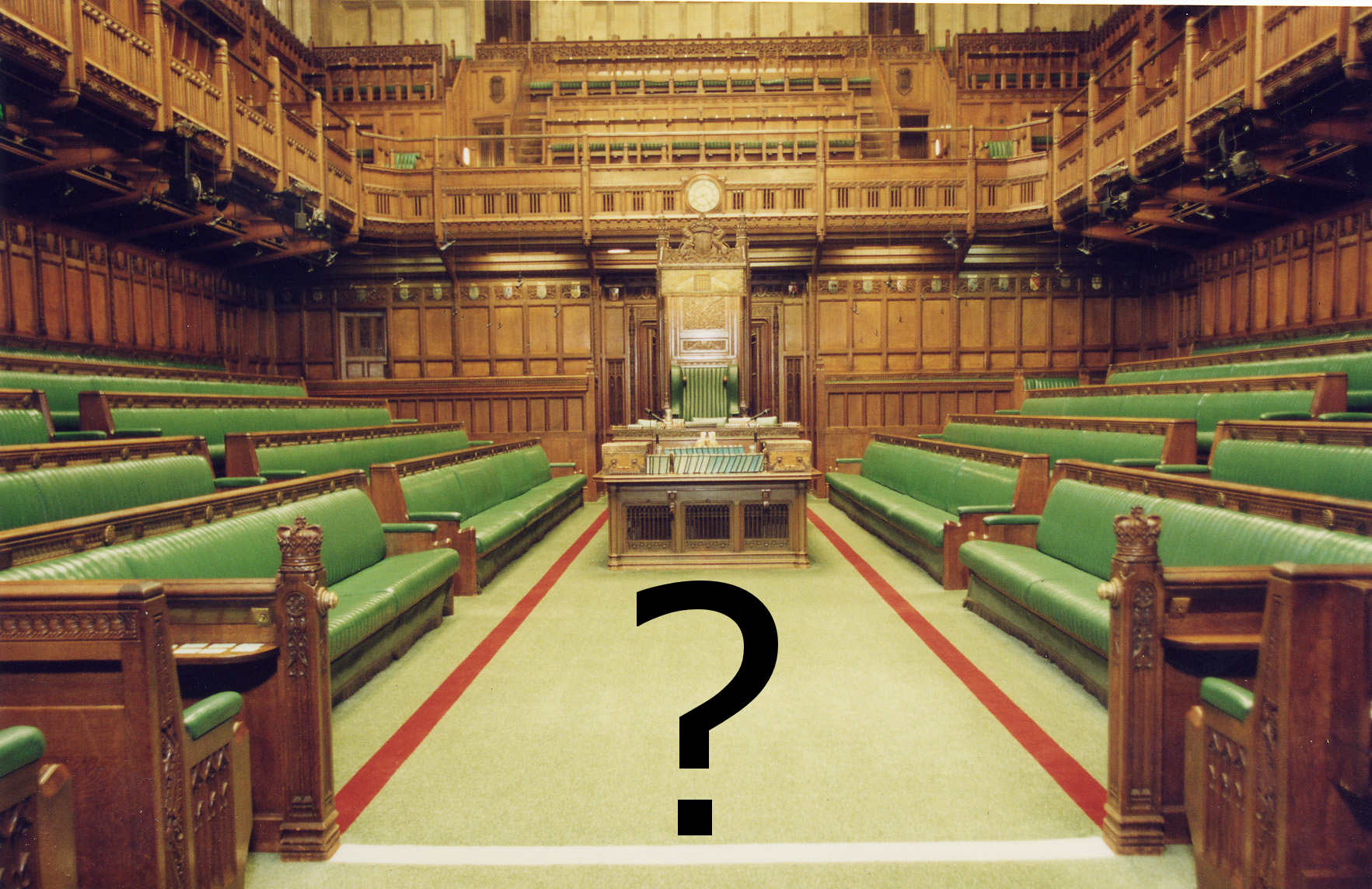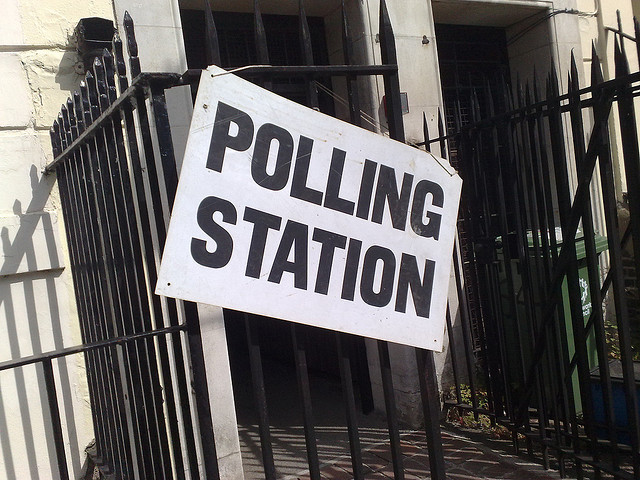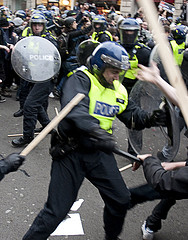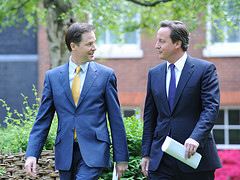
Predicting the next UK general election
As the results of the Local elections began to trickle in on Thursday night it soon became clear that the Labour Party had done well, gaining 824 councillors. The Conservatives, meanwhile, lost 403 and the Liberal Democrats lost 329. From this, the BBC reported an estimate of national vote share of 31% for the Conservatives, 38% for Labour and 16% for the Liberal Democrats, meaning that if these results were replicated at the next general election, Labour would win an 83 seat majority. But is there any reason to think that these results will be repeated at the next election? As I discussed in my last post, there are very good reasons to think that they won’t. But opinion in …

Do local elections predict general elections?
Today voters in 181 local authorities and councils across the UK will cast their votes to elect their local representatives. There are also elections for the London Assembly and three Mayoral elections, most prominently the election for the Mayor of London. Although officially concerned with local issues and local government, local elections in the UK are frequently taken to be large scale opinion polls on national political parties. When the results are announced they will inevitably be described by politicians and political commentators as (depending on the actual results, party affiliation and political inclination): a ‘triumph’, ‘disaster’, ‘bloody nose’, ‘strong message’, ‘resounding verdict’ and various other political clichés. Are politicians and commentators actually justified in making these statements? Do votes …

Choosing an electoral system for the House of Lords
Although their official report isn’t due to be published until the 23rd of April, on Wednesday the Guardian reported that the Joint Committee on Lords Reform has decided to back an ‘open preferential voting system’ rather than the government’s preferred Single Transferable Vote (STV) for electing members to a reformed House of Lords. Open preferential voting is a hybrid electoral system which allows voters to either express a rank ordering of individual candidates in the same manner as STV, or to select a list of candidates chosen by a political party, much like a closed list proportional representation system. In Australia, where the method is used to elect the Senate, this is known as voting ‘below’ and ‘above’ the line …
When is news not news? Donations to political parties and the cash-for-access scandal
Over the weekend the cash-for-access ‘scandal’ over Conservative party donors possibly having dinner with David Cameron in exchange for large donations broke, after a sting by Sunday Times journalists. Predictably the news was followed by ‘outrage’ from the press and the Labour Party over the affront to democracy such donations represented, followed by a statement from David Cameron claiming it had nothing to do with him and that Peter Cruddas was acting independently. Despite the vast amount of news coverage generated by this latest scandal, almost none of it is actually news. Should we be surprised that Party donors get to have dinner with Party leaders? If we are, it is only because of our own ignorance. It says quite explicitly …

Looking back at the London Riots — moving from macro to micro analysis
The findings that have recently started to emerge from enquiries into the riots that tore through cities across England in early August 2011 paint a picture of systematic disadvantage, ingrained tensions, and radical disjunction between societal groups. Though it has proved impossible to pin down any single unifying cause for this undercurrent of societal disquiet, there is a strong implication that in the absence of concrete policy proposals to mitigate the riots’ causes and effects similar events are likely to take place again — possibly even in the near future. Though at the moment it is too early to provide much more than a diagnosis of ‘what went wrong’, I believe that the prevailing narratives about the riots have ignored …

What coalition?: Let’s be honest, a Tory-only government would not have done things that differently
On the BBC’s Sunday Politics programme this week, former Defence Secretary and darling of the Tory Right, Liam Fox, suggested that ‘it is a game for academics’ to discern as to whether a Cameron Government policy (i.e. without Liberal Democrat restraint) would be that different from a Coalition Government policy. I reckon it’s not just an ‘academic game’, but nevertheless I’ll give it a go. The central contention here is that a Tory majority Cameron Government would, mutatis mutandis, be no different to today’s Coalition Government in terms of ideology, public policy and behaviour. Some academics agree. Tim Bale and Robin Kolodny observed recently that Britain has a ‘Coalition government but one that, to all intents and purposes, looks, sounds and …
Is Labour becoming the party of ‘One Nation’ politics?
As the old adage went, the Tories used to be the party of the nation and Labour the party of class. Indeed, the term ‘One Nation’ is an old Tory favourite. Benjamin Disraeli’s description of Victorian Britain in Sybil, his 1845 novel, describes a society divided between the extreme rich and equally extreme poor. It was a compelling literary attempt to address the more undesirable impacts of industrialism, namely the problems of urban poverty and widening social inequalities. But things change. Nowadays, to many, the Tories steadfast adherence to the Thatcherite Treasury views of the 1980s makes the older ‘One Nation’ sentiment more anachronistic. Indeed, bankers seem oblivious to the big society. It seems Labour would be wise to pinch …









